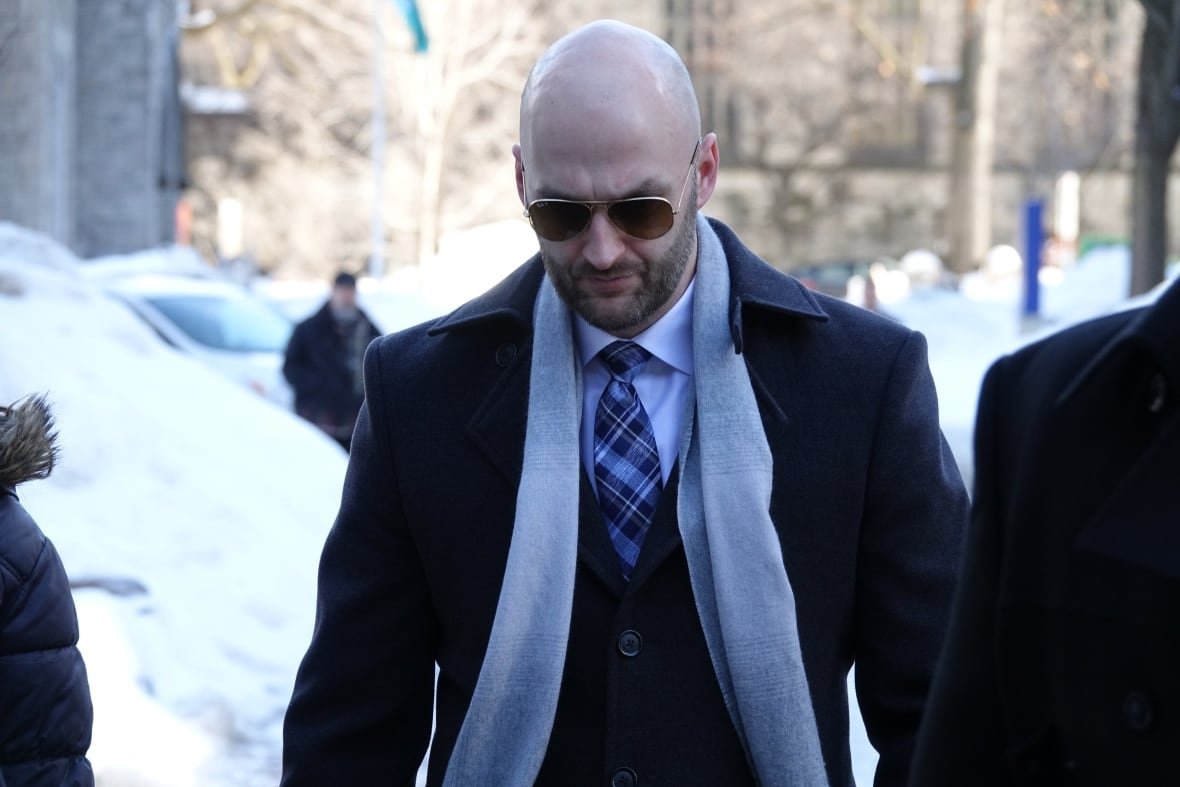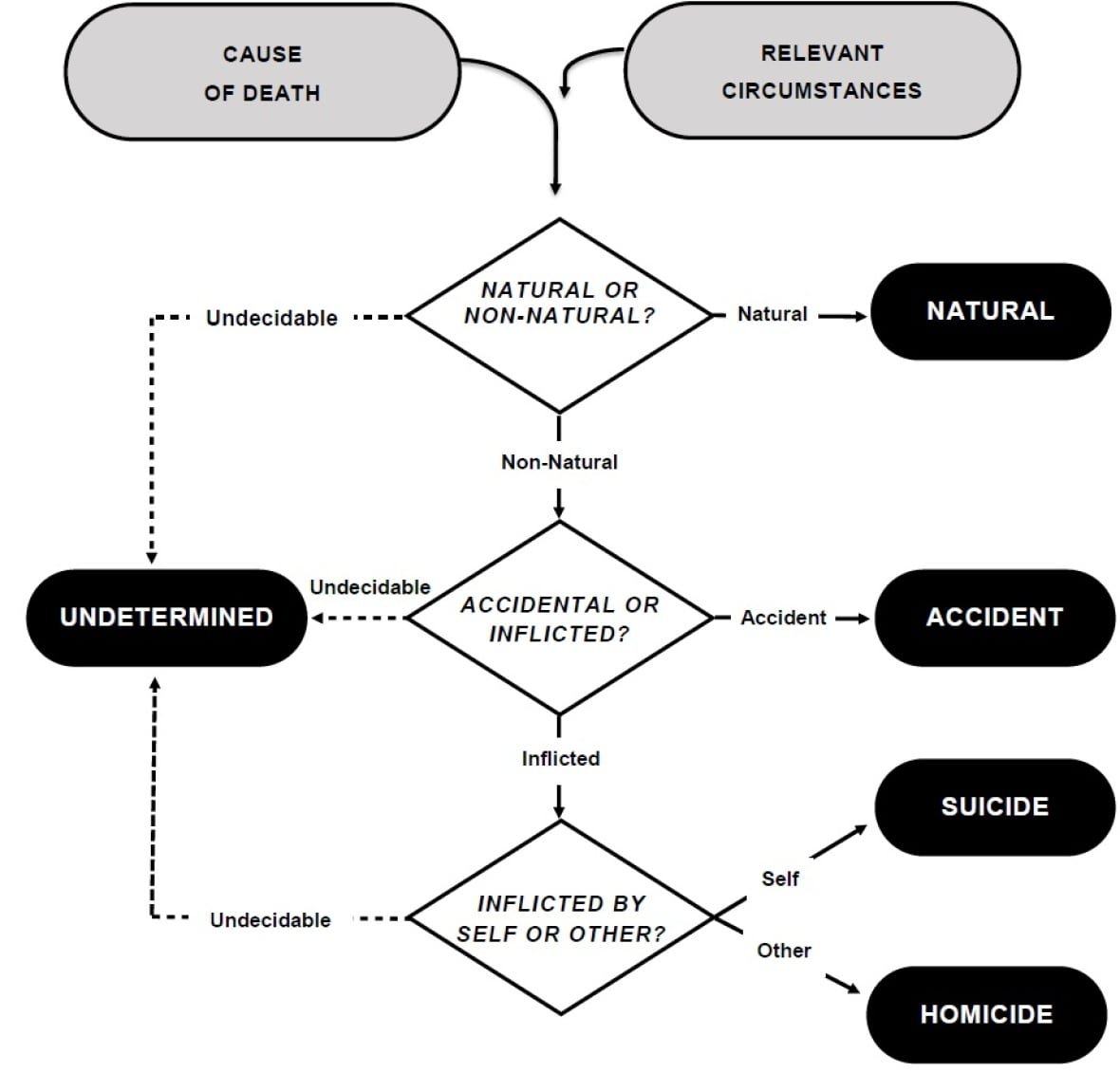The jury in an Ontario coroner’s inquest has declared the death of Abdirahman Abdi, a Black man who died a day after his violent arrest by two Ottawa police officers, a homicide. It’s also made a number of recommendations aimed at preventing similar deaths.
In the context of a coroner’s inquest, homicide does not carry any legal blame and simply means the jury found Abdi’s cause of death was an injury “which was non-accidentally inflicted” by another person.
The jury’s calls for change, many of which are directed to the Ottawa Police Service (OPS), focus in part on how to deal with mental health calls given the circumstances of Abdi’s death.
Abdi was a 38-year-old Somali-Canadian man whose mental health deteriorated over the six months before his arrest.
He was pronounced dead on July 25, 2016, a day after he was punched in the head several times while officers tried to handcuff him following reports he’d groped women in his Ottawa neighbourhood.

Among the jury’s recommendations is a call for OPS to form a new advisory board that both integrates the lived experiences of people dealing with mental health issues and develops a “coordinated and cohesive OPS-wide mental health strategy” to improve the outcomes where police interact with those in crisis.
The full list of 57 recommendations was read out during the virtual inquest’s conclusion on Tuesday night.
- Read the full list of recommendations here.
Also included was a call for inquests to happen in as “expeditious [a] manner as possible” from the date of death.
The inquest jury’s findings come more than eight years since Abdi’s death and more than four years after a judge found Const. Daniel Montsion, who dealt the head blows, not guilty of manslaughter.
The inquest was mandatory because Abdi died in police custody. It focused on the intersection of Blackness and mental health, police tactics and training, de-escalation, and the OPS’s accountability to the public and its civilian-led oversight board.
The jury cited the cause of death as: “Post cardiac arrest encephalopathy following blunt trauma in a man with exertion, struggle and [underlying] atherosclerotic coronary artery disease.”
WATCH | A look at what led to the inquest:
WARNING: This video contains graphic content | Eight years after Abdirahman Abdi died following a violent struggle with Ottawa police, a coroner’s inquest is bringing the event back into the spotlight. Here’s what you need to know.
Division over cause of death wording
The inquest heard evidence from two forensic pathologists that a mix of factors contributed to Abdi’s heart failure including an underlying heart condition, his physical exertion on the day of his arrest (including stressful encounters with bystanders), his struggle with police and Montsion’s blows to Abdi’s head.
One pathologist shook up the inquest by suggesting Abdi’s unconfirmed schizophrenia diagnosis be included in the cause of death.
Groups such as Abdi’s family worried that would stigmatize people living with mental illness. OPS and the officers involved in Abdi’s arrest said doing so would capture the full set of factors that contributed to his death.
The jury of five people ultimately did not include Abdi’s mental illness in the cause of death.
“We were extremely disappointed to hear the Ottawa Police Service attempt to blame Mr. Abdi in any way on his mental health and his treatment, and pleased that the jury rejected this position,” Lawrence Greenspon, one of the lawyers for Abdi’s family, said after the jury’s verdict.
“On this one we obviously see things differently,” said Solomon Friedman, one of the lawyers for the involved officers. “The way I see it is that we follow the truth and we follow the evidence even if it points in an unpleasant direction.”

What ‘homicide’ means in a coroner’s inquest
Dr. David Eden, the inquest’s presiding officer, explained what “homicide” means in the context of a coroner’s inquest after final arguments on Monday.
It’s not a trial, he emphasized every day of the inquest.
“If this were a criminal or civil trial or a professional disciplinary hearing, some of the evidence you heard might well be relevant to the court’s finding as to whether or not a defendant was guilty of an offence, civil negligence or failure to meet professional standards,” Eden said.
“You are not judging the conduct of any person or institution or making a finding that someone broke the law or acted in a negligent or unprofessional manner. A finding of homicide by an inquest jury is a finding of fact based on the definitions provided to you.”

Friedman said it’s unfortunate there isn’t another word other than homicide used in inquests for that type of classification.
The other four “manner-of-death” classification options are natural causes, accident, suicide — a choice Eden told the jurors to completely ignore, as there was no evidence of that in Abdi’s case — and undetermined.
“[Const. Montsion] was found not guilty by the Ontario Court of Justice. Then he was cleared by the Ottawa Police Service internal review and return[ed] to duty where he serves as a police officer today,” Friedman said.















